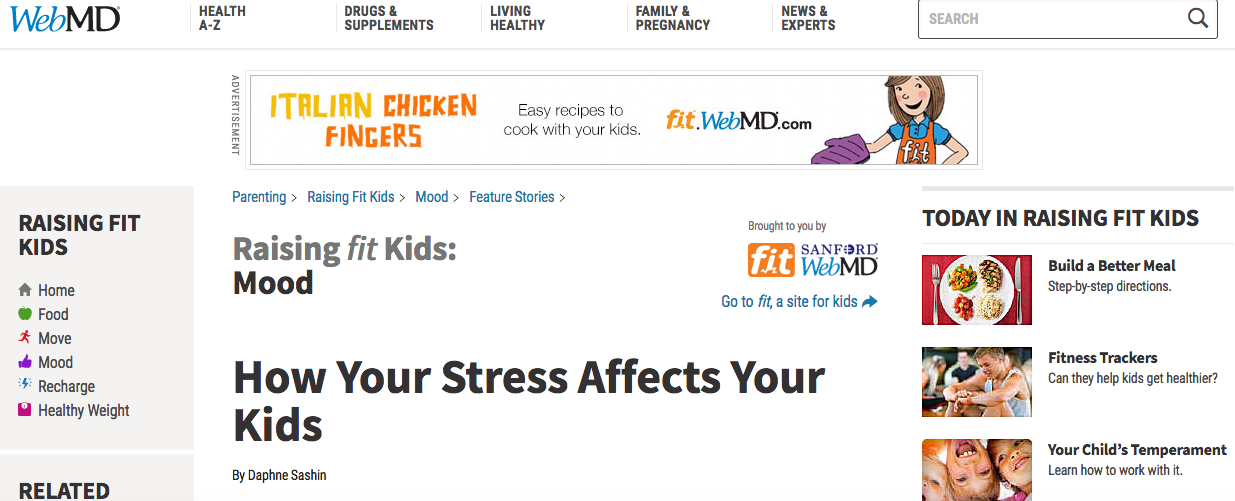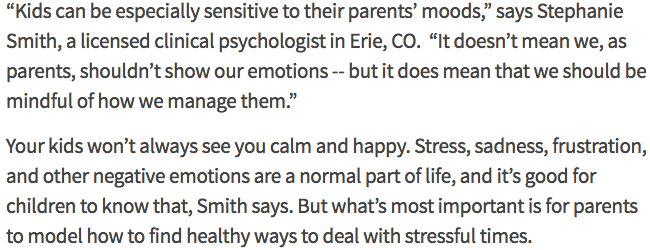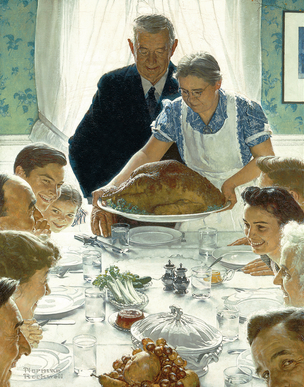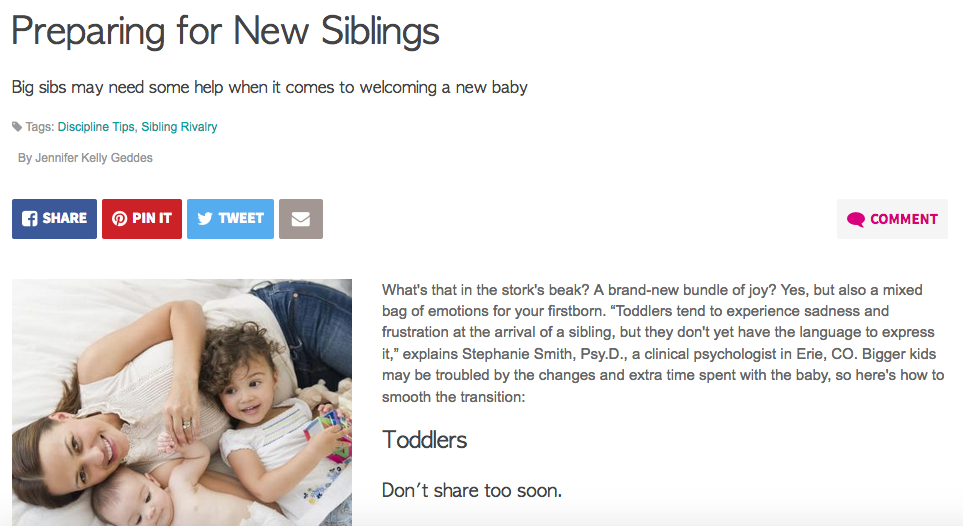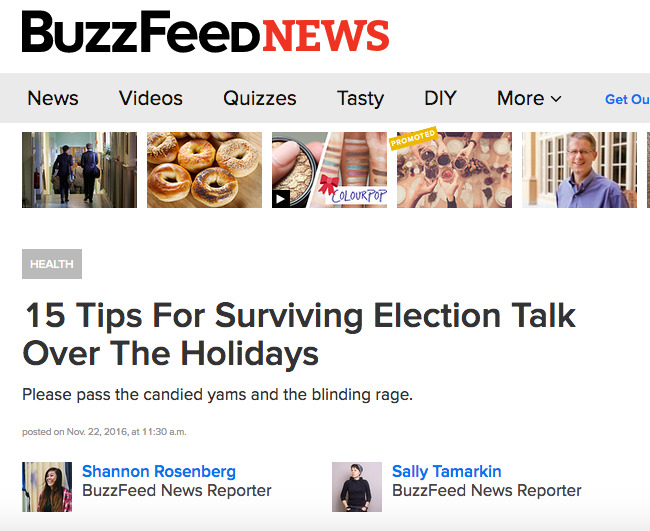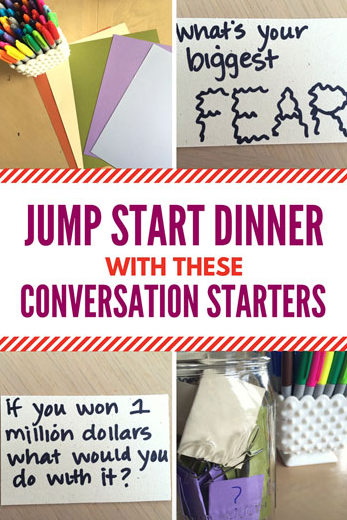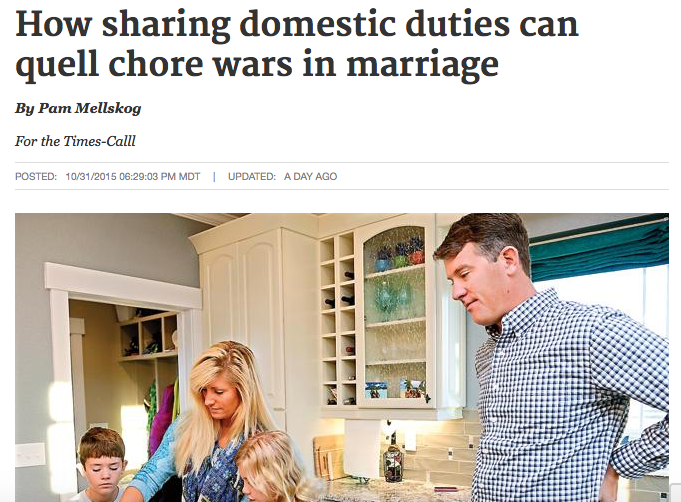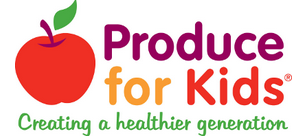
I’m thrilled to be continuing my work with Produce for Kids this year. If you don’t know about the organization, they are an awesome group of folks who strive to help kids and families have fun while eating well. Check it out:
Produce for Kids® believes in creating a healthier generation through cause marketing campaigns that provide easy, fun and inspiring recipes. Produce for Kids has been helping families and children by giving back since 2002. Through produce and grocery retail partner programs, Produce for Kids has donated more than $6 million to charities that benefit children and families nationwide.
One of my favorite things about Produce for Kids are the ideas they have for healthy meals and snacks. A couple of times a year they focus their efforts in helping families pack healthy lunches. Take the pledge to power your lunchbox!

I’m going to be honest, in our house we heartily support buying lunch at school. There are a few reasons for this, not least of which is that it makes the mornings more pleasant – no lunches to pack! But it still leaves after school snack time to deal with. As my kids are getting older, the afternoon snack is becoming more important – there is just so much to accomplish in the afternoons before dinnertime. Things like:
- Homework
- Piano Lessons
- Karate
- Soccer practice
- Swimming lessons
- Choir
and really boring things like:
The other day, we had a full afternoon in the hours between after school and bedtime: homework, piano lessons, soccer practice (2 of them actually), basketball practice and a parent meeting at school. On days like these, snacks are particularly important. I’ve been trying to be better about packing good looking, healthy snacks that will sustain my kids (and me!) until dinnertime – which often ends up being later than I would like.
So while the big kids were at school, my little guy and I tried our hand at homemade hummus. We used this recipe by the Pioneer Woman (don’t you just love her). It was super easy, and also delicious because we were able to tweak the ingredients to our taste (more lemon juice, less garlic).

Everything is just dumped into the blender and mixed up until smooth
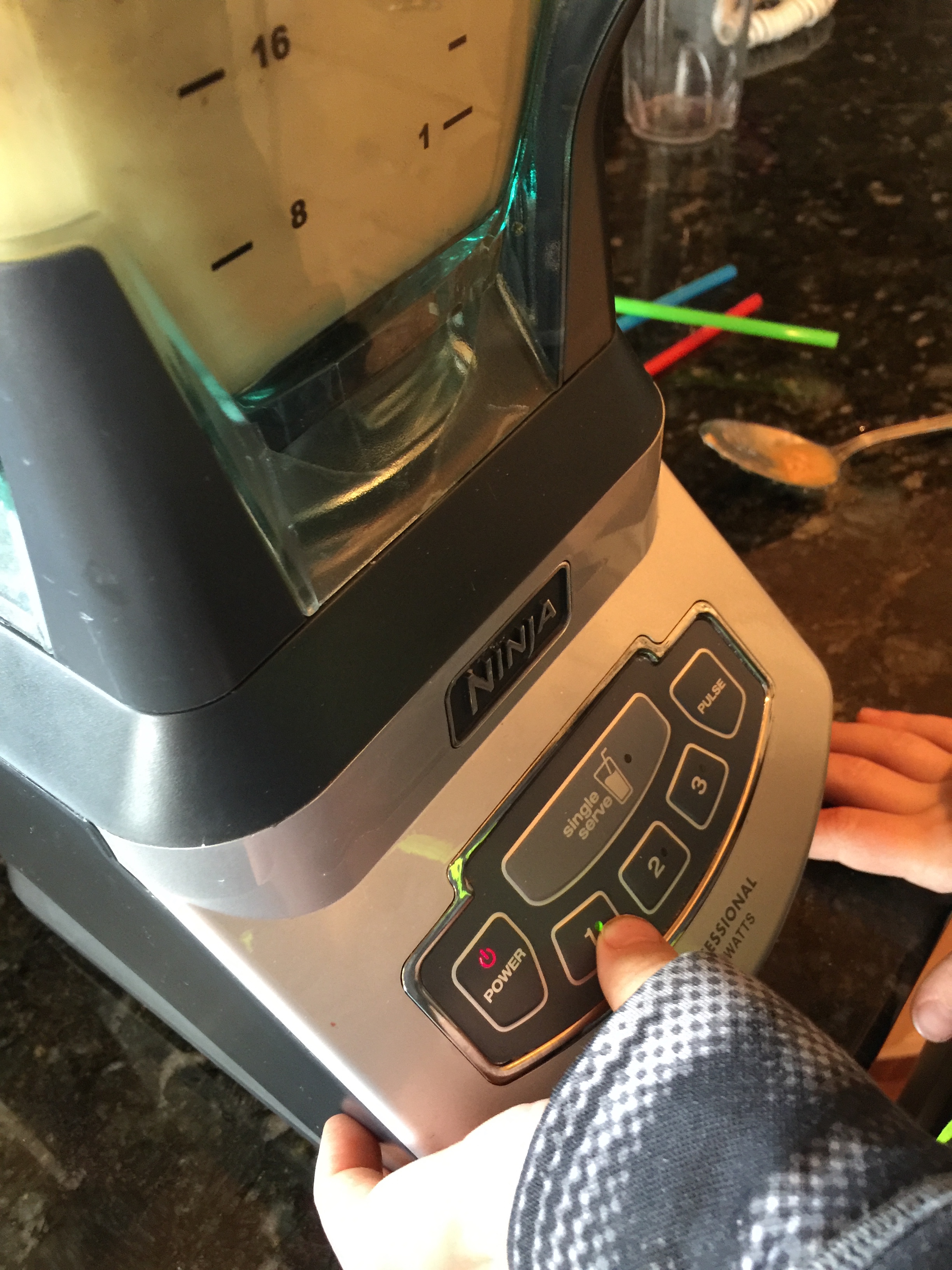
Put it in an airtight container

And make sure to pack some yummy, healthy things to dip in all that deliciousness!
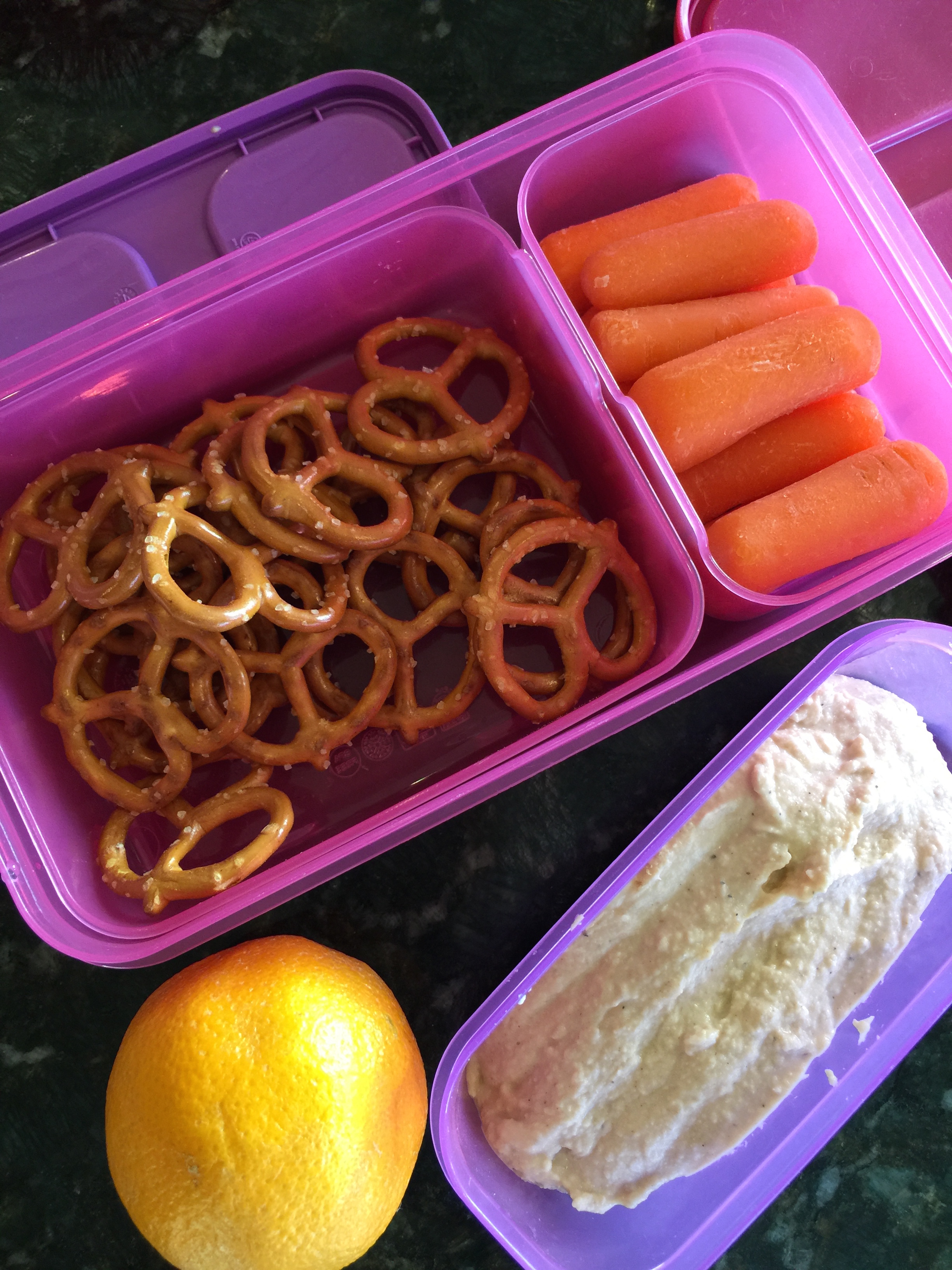
This would also make a good lunch – but hearty, tasty snacks are important too!
Don’t forget to take the pledge to Power Your Lunchbox (or snack box, or whatever!) – Happy snacking!
